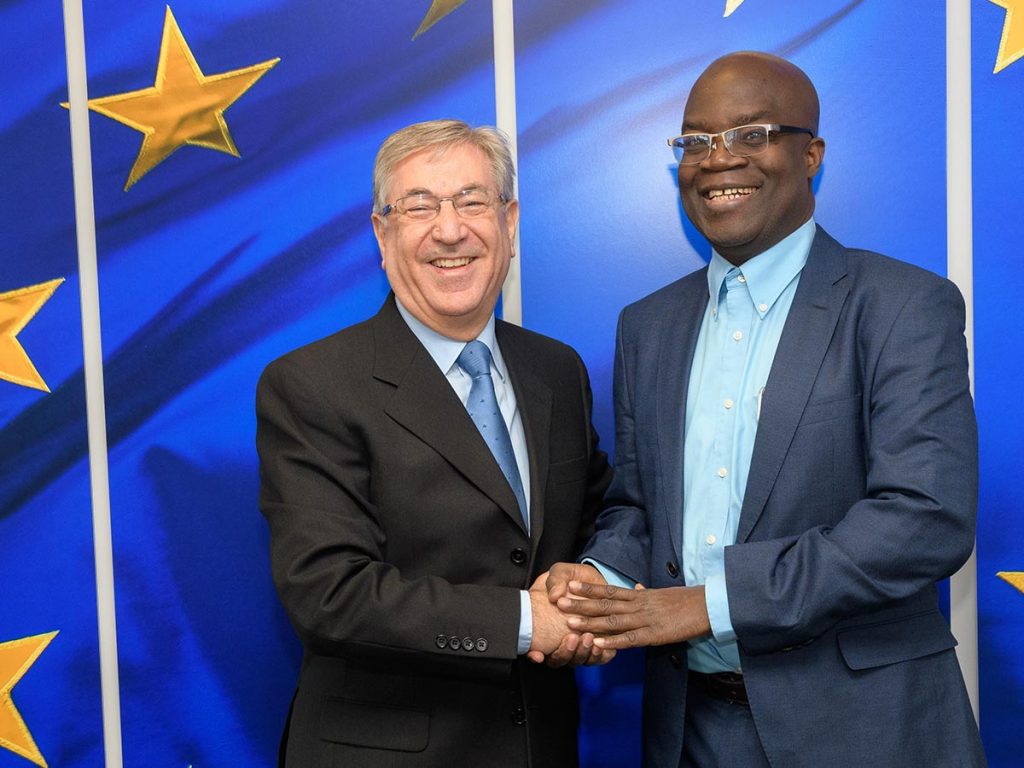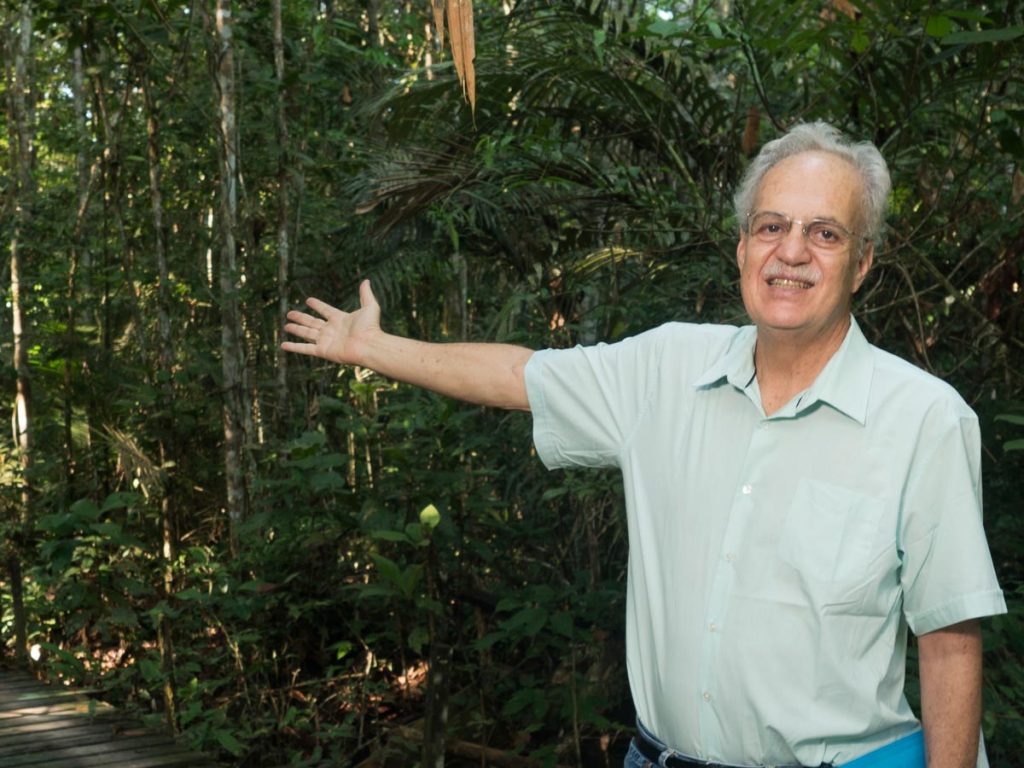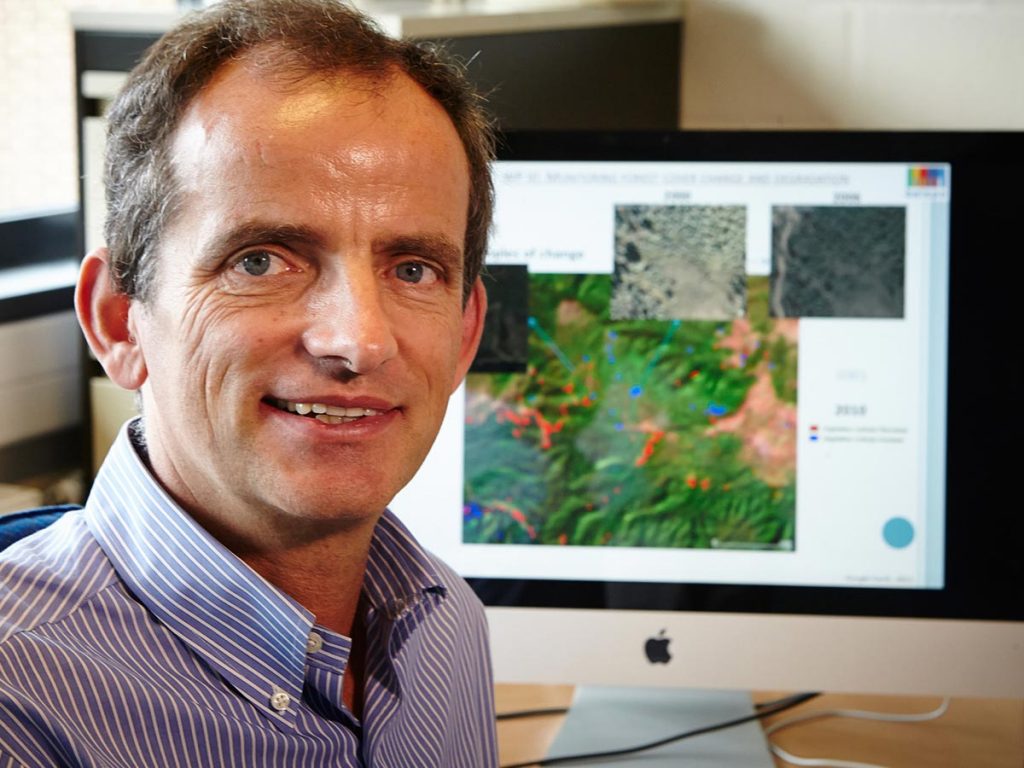
Rashid Sumaila shares expertise with EU stakeholders
In February, Professor Rashid Sumaila – winner of the Volvo Environment Prize 2017 – visited important stakeholders from EU institutions and from wider society in Brussels, Belgium. Rashid Sumaila met with Karmenu Vella, European Commissioner for Environment, Maritime Affairs, and Fisheries, to discuss various aspects of Professor Sumaila’s work, such as the use of maritime protected areas as management tools, meeting the threats of oil spills, ocean acidification, and climate change. Professor Rashid Sumaila was also invited to present his work to several highly engaged MEPs, discussing sustainability and ocean protection.
Link to video “The oceans are our lives” with Professor Rashid Sumaila.

